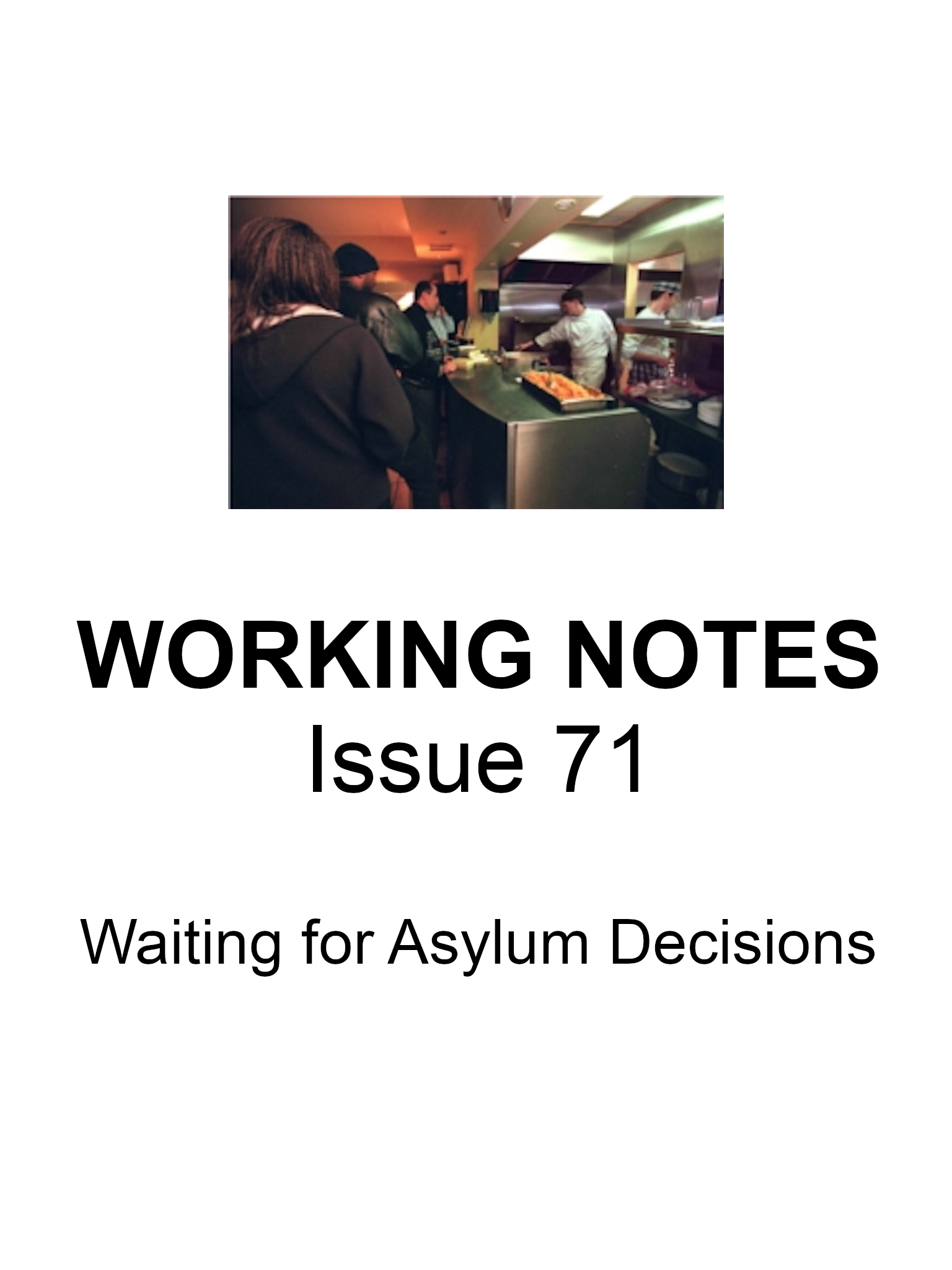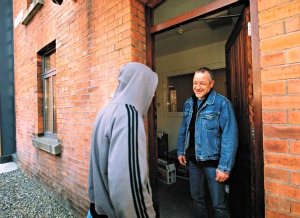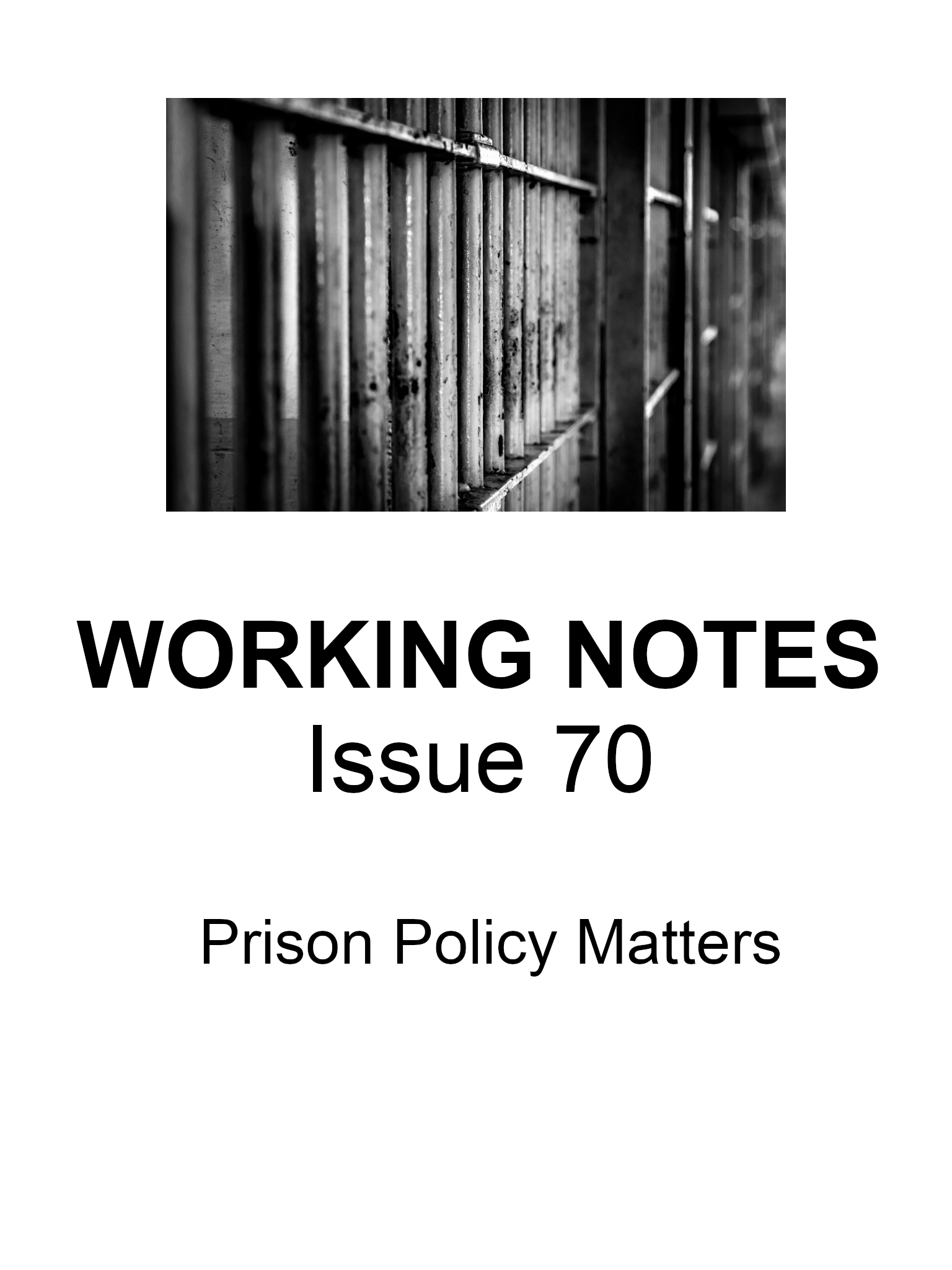
Breaking the Silence on Racism
Racism is a persistent and increasing problem in the European Union and it is a problem from which Ireland is not exempt. Racist incidents are an everyday occurrence in Ireland, but this is a reality that remains invisible to most of the population.










